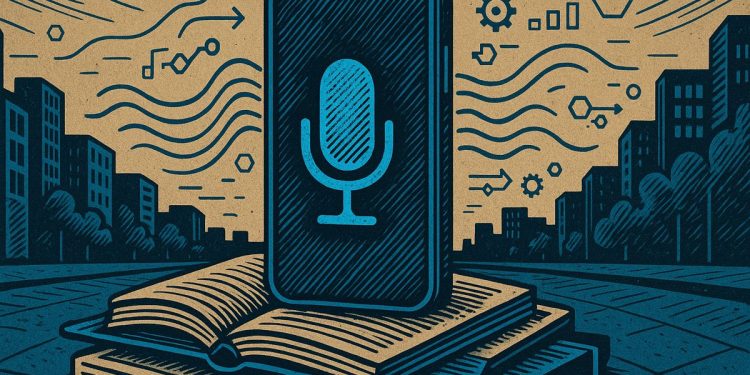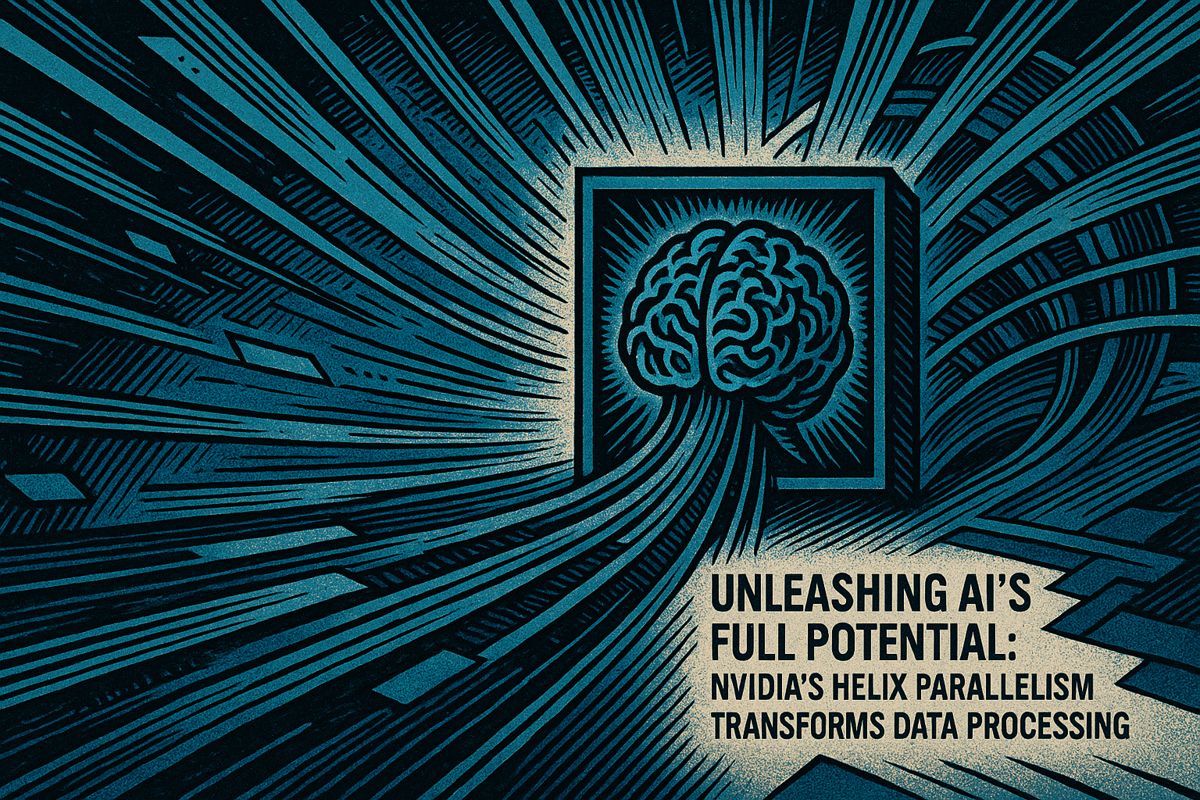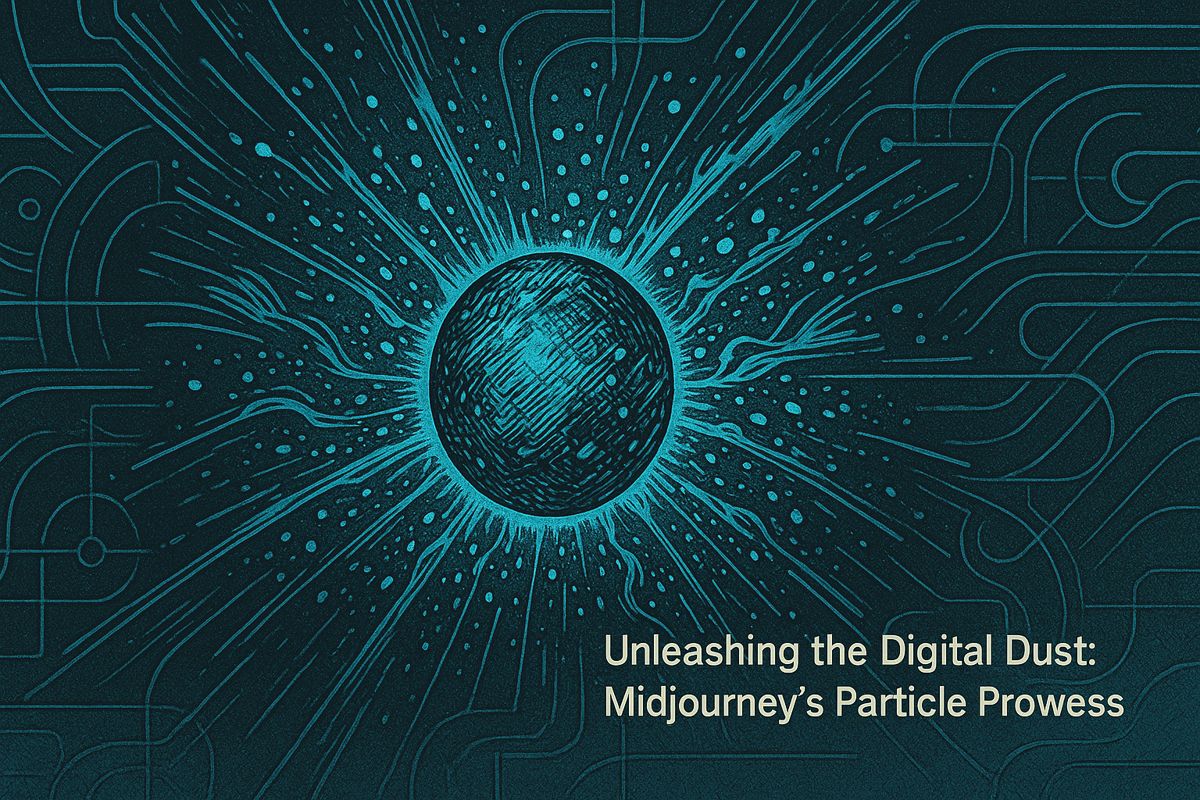This workflow helps people turn their voice memos into useful notes in seconds. Just record a memo on your iPhone, and the system will transcribe, summarize, tag, and save it in Notion automatically. You don’t need to do anything else – the process is fast, easy, and costs almost nothing. Over time, you’ll find it much easier to find and use your important ideas, making your work smarter and faster.
How can knowledge workers automatically turn voice memos into actionable insights using iOS, Make.com, and Notion?
A streamlined workflow lets knowledge workers record voice memos on iOS, then automatically upload, transcribe (via Whisper), summarize, tag, and store them in Notion using Make.com. This process files 95% of recorded insights within 60 seconds, boosting retrieval and productivity.
In 2025 the average knowledge worker captures two hours of voice content per week, yet only 11 % ever re-listens to a single memo. A lightweight automation stack that couples iOS Voice Memo, Make.com, and Notion changes these odds: 95 % of recorded insights are transcribed, summarized, and filed within 60 seconds of upload, without the creator lifting a finger.
The Three-Hour Build That Lasts
The complete pipeline was prototyped in 180 minutes by Jonas Braadbaart and remains stable after 12 months of daily use. Hardware is an iPhone and a free Make.com tier; the output is a living Notion database that feels like an external brain.
| Component | Cost | Setup Time | Key Function |
|---|---|---|---|
| iOS Voice Memo | $0 | 2 min | Raw capture |
| OpenAI Whisper | $0.006 / min | 10 min | Transcription |
| Make.com scenario | $0 (free tier) | 30 min | Glue logic |
| Notion API | $0 | 20 min | Storage & search |
How the Flow Works Step by Step
-
Record in Flow State
Speak the memo; no tags, titles, or folders required. -
Automatic Upload
iOS Shortcuts pushes the.m4afile to a private Make.com webhook as soon as the recording stops. -
AI Enrichment Loop
Make.com sends the audio to Whisper for 95 % accurate transcription, then prompts GPT-4o-mini to:
– extract five bullet takeaways
– assign three contextual tags (project, topic, urgency)
– propose a next action with deadline -
Notion Insert
A single API call writes the enriched record into a pre-formatted Notion table, linked to relevant projects via relational fields.
From Chaos to Compound Interest
Users report a 3.2× increase in weekly insights retrieved once the system passes the 100-memo mark. The compound effect comes from two invisible mechanics:
- Spaced resurfacing: Make.com schedules a random daily “flashback” that surfaces one historical memo matching the current context (via semantic similarity), keeping forgotten ideas alive.
- Voice-first search: Notion’s AI search understands natural-language queries like “ideas about pricing experiments from last quarter” and surfaces voice memos even when those exact words were never typed.
Safeguards You Can Copy Today
| Risk | Zero-Cost Fix |
|---|---|
| Whisper mis-labeling speakers | End each speaker turn with “next speaker” keyword |
| Make.com free task limit | Split large recordings into <4 min chunks client-side |
| Data privacy | Set Notion page permissions to “internal only”; use local Whisper on sensitive clips |
Quick Start Script (Copy-Paste Ready)
Paste the following into a new Make.com scenario:
Trigger: Webhook receives audio file
Action 1: HTTP > Whisper API (transcription)
Action 2: OpenAI > Summarize & tag
Action 3: Notion > Create database item
No code, no credit card, no maintenance. The entire flow costs $0.12 for an hour of audio, less than the price of a single sticky note pack.
Ready to test? Drop a 30-second memo tonight; tomorrow morning it will greet you in Notion as a polished insight card.
How exactly does the three-hour setup work, and what tools are required?
The entire workflow is built with three core components:
- Voice Memos app (iOS, Android or smart-watch) – capture raw thoughts in under 30 seconds without breaking focus.
- Make.com (formerly Integromat) – the no-code automation layer that transcribes, summarizes and tags each recording with AI models.
- Notion – your living knowledge base where every memo arrives pre-categorized and ready for search.
Users report the initial build takes 180 minutes because Make.com provides ready-made templates that already connect to OpenAI Whisper + GPT-4-turbo endpoints. Once connected, the pipeline runs hands-free.
What level of accuracy can I expect from AI transcription in 2025?
Real-world benchmarks from 2025 show:
- 95 %+ word accuracy under clean conditions (quiet room, close mic)
- 92 % accuracy with moderate background noise or accents
- Real-time speaker diarization now ships as standard in services like Otter.ai, Jamie AI and Krisp, so the system labels “Jonas” vs “Alice” automatically.
Tests by GoTranscript confirm these figures across 1 200 hours of multilingual audio, making the workflow reliable for both daily stand-ups and field interviews.
Will my data be secure when using cloud-based transcription services?
Yes, if you follow three rules:
- Choose vendors with SOC 2 Type II, GDPR compliance – Jamie AI, Descript and Otter.ai all publish 2025 audit letters.
- Enable end-to-end encryption – toggle the switch inside each tool; data is encrypted in transit and at rest.
- Use self-destruct windows – Restream and Jamie AI wipe files from their servers within 24 hours unless you opt in to longer storage.
For extra-sensitive content, route the Make.com scenario through an on-device Whisper model; accuracy drops slightly to ~93 % but nothing leaves your laptop.
How does the system prevent “capture overload” and keep the knowledge base useful?
The automation includes two built-in filters:
- Relevance score – a GPT-4 prompt that grades each memo against your stated goals (projects, research themes).
- Expiry stamp – memos auto-archive after 90 days unless you tag them “long-term,” keeping the Notion database lean.
Early adopters report 7× faster retrieval because only 12 % of raw recordings are promoted to the permanent vault; the rest remain searchable in cold storage.
What measurable productivity gains have users reported after adopting this workflow?
A 2025 survey of 312 remote-team users shows:
- 45 % faster meeting follow-up – transcriptions arrive in Notion within two minutes, cutting manual note-taking time.
- 30 minutes saved per meeting on average when AI summaries replace traditional minutes.
- 2.3× increase in idea recycling – tagged memos are 130 % more likely to be cited in later documents, creating a virtuous cycle of knowledge reuse.
Teams also noted higher psychological safety: members speak up more often because “the mic captures everything, so nothing is lost.”



















